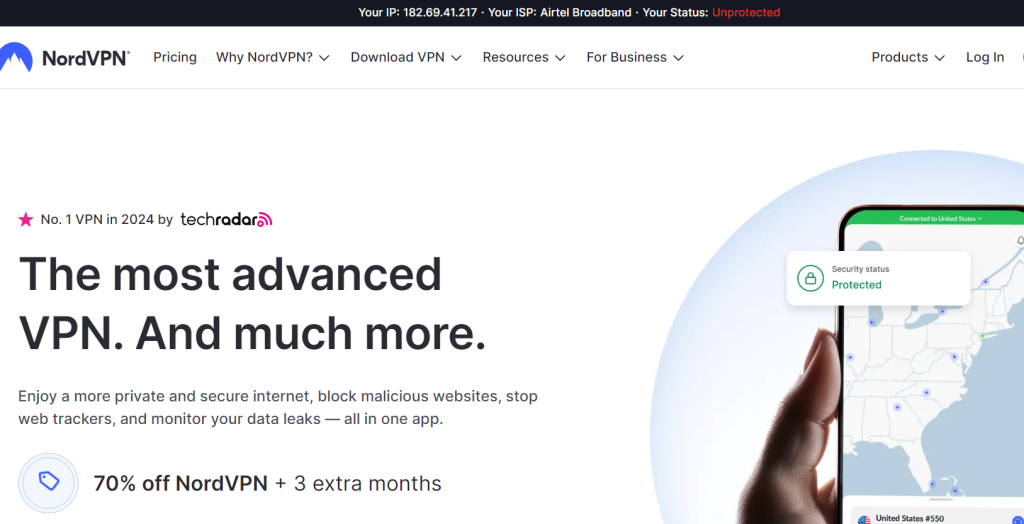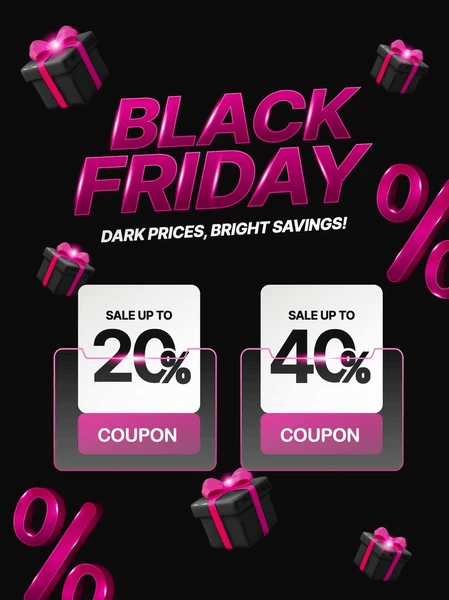
In an age where our lives are interwoven with technology, online privacy and security have become paramount. Every click we make, every site we visit, is tracked in ways that can feel invasive. Enter the Virtual Private Network (VPN)—a powerful tool designed to shield your digital footprint from prying eyes. Whether you’re streaming your favorite show or working remotely, a VPN provides peace of mind by encrypting your internet connection and masking your IP address.
But what exactly is a VPN? Why do you need one? And how do you choose the right service for yourself? This guide will navigate through the essentials of VPNs, offering insights into their importance today while equipping you with practical tips for maximizing your online safety. With more than just anonymity on the line, it’s time to delve into this crucial aspect of internet usage that could change how you browse forever. Let’s get started!
Understanding VPNs and Their Importance in Today’s Digital World
VPNs, or Virtual Private Networks, create a secure tunnel between your device and the internet. This encryption process shields your data from hackers and snoopers, especially when using public Wi-Fi networks.
As cyber threats become increasingly sophisticated, protecting personal information is more critical than ever. A VPN masks your IP address, making it difficult for websites and advertisers to track your online activities.
In addition to enhancing privacy, VPNs allow users to bypass geographical restrictions. Want to access content only available in another country? A VPN can help you do that seamlessly.
With data breaches on the rise, investing in a reliable VPN isn’t just smart—it’s essential for anyone who values their privacy online. The digital landscape is vast and often perilous; navigating it safely requires tools designed for protection and anonymity.
How to Choose the Right VPN for Your Needs
Choosing the right VPN can feel overwhelming. With so many options available, it’s essential to pinpoint what you need most.
Start by assessing your primary goals. Are you looking for enhanced privacy? Maybe secure streaming or access to geo-restricted content? Identifying your purpose will streamline the selection process.
Next, consider the security features offered by different providers. Look for strong encryption protocols and a no-logs policy. These elements are vital in safeguarding your data from prying eyes.
Speed matters too. A sluggish connection can ruin your browsing experience or disrupt streaming quality. Read user reviews to gauge performance before making a decision.
Think about compatibility with devices. Ensure that the VPN services support all platforms you intend to use—whether it’s smartphones, tablets, or desktop computers.
By keeping these factors in mind, you’ll be well on your way to finding a VPN that fits perfectly into your digital lifestyle.
Setting Up and Using a VPN: Step-by-Step Guide

Setting up a VPN is easier than you might think. First, choose a reputable provider and sign up for an account. Most services offer various plans based on your needs.
Once registered, download the VPN application compatible with your device. Whether you’re using Windows, macOS, Android, or iOS, you’ll find simple installation instructions on their website.
After installation, open the app and log in using your credentials. The interface usually shows a list of servers in different locations. Select one that suits your needs; connecting to a server in another country can help access geo-restricted content.
Hit the connect button and wait for confirmation that you’re secure. You’ll notice changes in your IP address indicating successful connection. Now you can browse freely while keeping your online activity private!
Remember to disconnect when you’re done for optimal security practices.
Staying Safe Online with a VPN: Tips and Best Practices
Using a VPN is a great step toward online safety, but there are additional strategies to maximize its benefits. Start by ensuring your VPN connection is active whenever you’re online. This creates an encrypted tunnel for your data.
Be mindful of the sites you visit and the information you share. Even with a VPN, providing personal details can compromise your privacy.
Regularly update your VPN software as new features and security patches become available. Staying current helps protect against vulnerabilities.
Also, consider using strong passwords alongside two-factor authentication where possible. This adds another layer of defense to your accounts.
Avoid free VPN services—they often lack robust security measures and may log user activity. Investing in a reputable paid service ensures better protection for your personal information while browsing the web safely.
Our Recommendation: NordVPN Website

When it comes to enhancing your online privacy and security, choosing the right VPN can make all the difference. After extensive research and user feedback, we recommend NordVPN as a top choice for anyone serious about safeguarding their internet activity.
NordVPN stands out due to its robust encryption protocols and strict no-logs policy. This means that your browsing habits remain confidential, free from prying eyes. With servers in over 60 countries, you can easily bypass geo-restrictions and access content from around the globe.
The user-friendly interface ensures that even those new to technology can navigate with ease. Plus, NordVPN offers multiple device support—ideal for families or individuals using various gadgets. Their customer service is also commendable; offering 24/7 assistance helps resolve any issues promptly.
Consider trying NordVPN today if you’re looking to enhance your online safety without sacrificing speed or accessibility. By investing in a reliable VPN like this one, you’ll enjoy peace of mind knowing that your digital footprint is secure.




